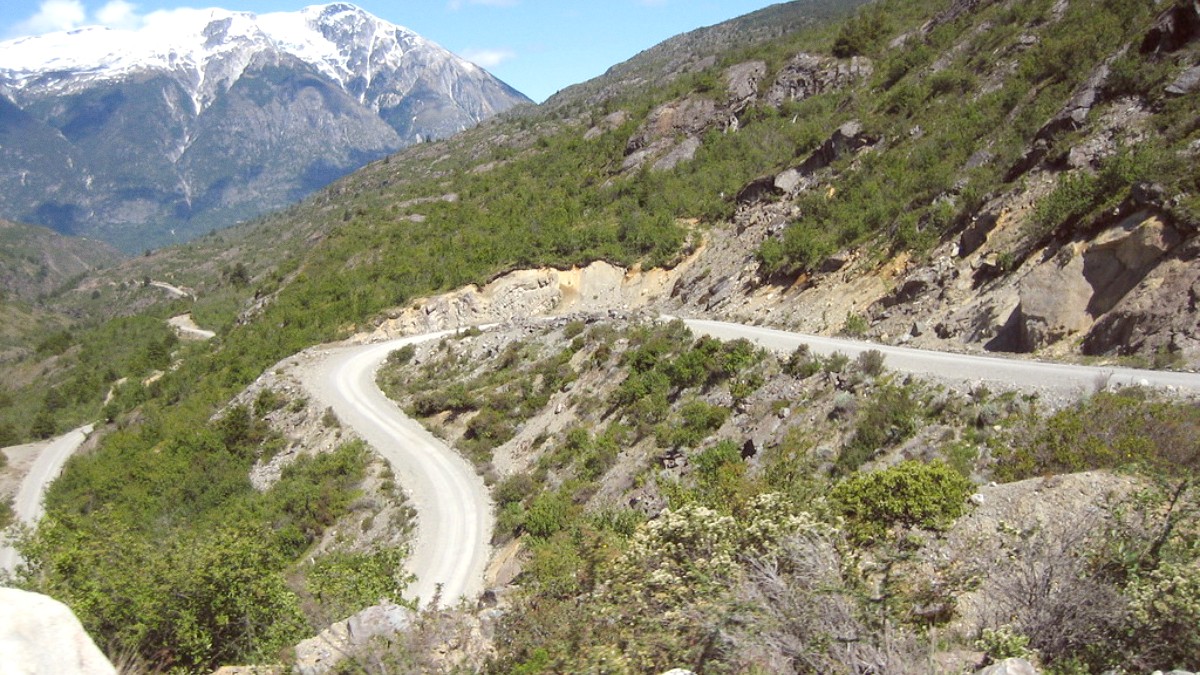
Chile
Major mobile providers in Chile include Entel, Movistar, and Claro. Entel typically offers better coverage in rural Carretera Austral areas, but coverage remains sparse in many stretches.
Wi-Fi is available in most accommodations and some cafes in towns. Connection speed can be slow and unreliable, especially in smaller villages. Do not expect fast internet.
Spanish is the official language. English is spoken by some tourism professionals, but not widely by the general population in smaller towns.
Learning basic phrases deepens interactions with locals.
For uninterrupted communication, especially with limited local SIM coverage, consider using an eSIM from Airalo or a portable Wi-Fi device from Solis Wi-Fi.
Understand typical operating hours for efficient planning.
Shops generally operate Monday-Friday from 9:00/10:00 to 19:00/20:00, often with a long lunch break (14:00-16:00). Saturday mornings are 9:00/10:00 to 14:00. Most close on Sundays.
Banks generally open Monday-Friday from 9:00 to 14:00. ATMs are available in most towns but can be out of service or run out of cash, especially on weekends.
Chile observes several public holidays. Businesses may be closed or have reduced hours. Many tourism businesses in smaller towns close completely during low season (May-October).
Lunch service usually runs from 13:00 to 15:00. Dinner service starts later, from 20:00 to 22:00/23:00. A 10% tip in restaurants is standard.
Essential services available at airports to enhance your travel journey.
Always confirm opening hours and availability directly if traveling outside of high season. Ferry schedules are significantly reduced during these months.
Observe local customs for respectful interactions.
A handshake is the standard formal greeting. A single kiss on the right cheek is a common informal greeting between women, or between a man and a woman.
Casual and practical attire suits almost all settings along the Carretera Austral. No strict dress codes apply. Layers and comfortable outdoor gear are standard for activities.
Avoid discussions about politics or the Pinochet dictatorship unless locals initiate them, and only if you are well-informed. Do not litter or disrespect natural environments.
Chile is generally socially conservative but has become more progressive in recent years. Major cities are more open and accepting.
Exercise discretion as you would in any unfamiliar cultural setting. Always observe and respect local customs for a positive travel experience.
Deepen your cultural experience by understanding local hints.
Be polite and use basic Spanish phrases like "please" (Por favor) and "thank you" (Gracias). Respect local customs and traditions, even if they seem unfamiliar. Observe and learn from them.
Support local craftspeople and cultural initiatives. Your interest validates and preserves their heritage. Look for authentic, locally made goods.
If you visit a local church or other religious site, enter quietly, dress respectfully (though formal dress is rarely needed), and do not disrupt any services in progress.
Do not engage in activities that exploit people or animals. Ensure tour operators practice ethical wildlife viewing, meaning they do not disturb animals for photos or chase them.
Support local, family-run Hospedajes, restaurants, and tour operators to directly benefit the local economy.
Explore Eco AccommodationsPurchase locally made goods directly from artisans. Your purchases support local livelihoods.
Support ConservationPrioritize local shops and services to contribute directly to the local economy and foster local development.
Find Ethical ToursYour choices as a traveler contribute to sustainable development. Support initiatives that empower local communities and preserve cultural heritage.